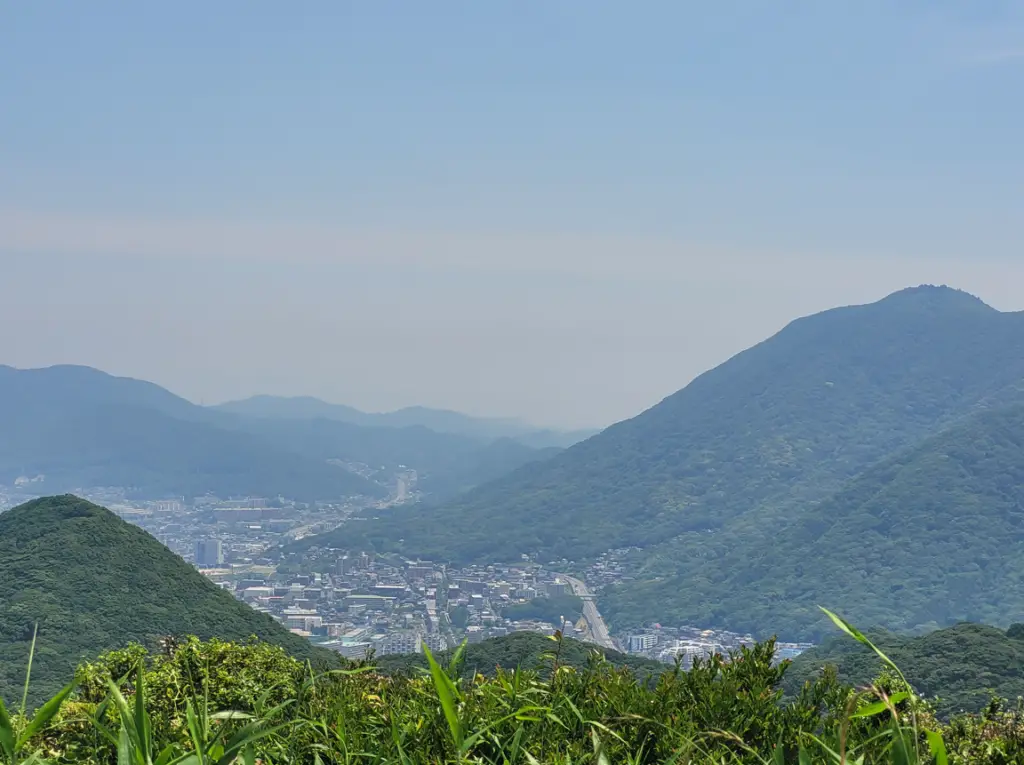As a foreigner with no real bias toward either of these Asian nations, I thought I’d share some of my observations comparing Japan vs Korea.

I may be a Japan travel blogger at the moment, but I certainly have no biases when it comes to making comparisons against other countries.
After spending over two weeks in South Korea, I noticed these 5 major differences between Japan and Korea, two countries that I previously believed to be more similar than different.
1. Cultural Norms

Perhaps some may debate this point, but I truly feel Japan is a country of “law abiders” and “rule lovers” more so than anywhere in the world, and yes, that includes Korea.
While I do love the immense respect and polite approach Japanese society has toward just about everything, I do feel they could benefit from a little wiggle room.
On the other hand, it is fantastic to see nobody jaywalking across the street or rushing into train carriages before others have a chance to disembark.
In Korea, I certainly felt the level of “over-the-top” politeness was dialed down compared to Japan, but it wasn’t necessarily a bad thing.
For instance, in Korea, it’s not seen as disrespectful to eat and drink while walking on the streets, and personally, I think that’s great!
Sure, Japan may have cleaner streets because of their strict cultural norms in regard to eating in public, but that also makes Japan feel like a more “judgmental” society in some aspects, resulting in people becoming overly self-aware at times.
In Japan’s defense, however, I prefer its public transport etiquette which I feel Korea lacked, for example, not talking on the phone on trains and obeying the arrow markings on walkways at train stations.

2. Food

Japan has always been known for its “healthier food” options (though this is certainly not always the case).
The concept of bento boxes has stood the test of time in Japan, typically consisting of rice, vegetables, and various proteins packed with nutrients.
There’s no doubt, Japanese cuisine offers some of the most delicious foods in the world, however, they are also the least tolerant Asian nation when it comes to handling spice.
Finding spicy Japanese food is almost impossible in Japan, as much of their cuisine revolves around the concept of umami or “savory” dishes with a deep flavor.
What I love about Korean food on the other hand is their bold approach to flavors, whether it’s super spicy, super sweet, or a combination of both, they do it right!
Tteokbokki (spicy rice cakes), Korean fried chicken, and Samyang spicy instant noodles are just a few of the many chili Korean foods that pack a flavor punch.
That being said, I definitely felt it was easier to gain weight in Korea given the greater prevalence of heavy flavors and high-calorie dishes, though they do offer their fair share of healthy dishes too (but who can resist a good Korean fried chicken?).

3. Convenience Stores

I always knew that Japan and Korea were both notorious for their amazing convenience stores and the delicious nutritious foods available there.
However, what I didn’t realize was the differences in the prevalence of these stores as well as the differences in what each store offers.
While not by a huge margin, I will say Japan certainly has the edge in having more convenience stores across the country, but Korea isn’t too far behind and certainly bests Western countries like Australia in this regard.
Both countries may have 7-Eleven in common, but Japan has its exclusive Family Mart and Lawson stores while Korea has its exclusive CU and GS25 stores.
7-Eleven or not, I was surprised that Korean convenience stores sold practically no Japanese products whatsoever, but rather, had a Korean equivalent for anything Japan had to offer.
Again, the Korean love of spicy food came into play, offering similar items to Japan such as onigiri rice balls and bento box lunch packs but with sweet and spicy red gochujang sauce added into the mix.

4. Language Barriers

Regardless of whether you visit Japan or Korea (or both), you’ll benefit greatly by learning useful phrases from each language as English is certainly not so common.
However, you are far more likely to come across English-speaking people in Korea than you are in Japan.
On the other hand, Japan’s frequency of katakana, that is, borrowed foreign words does give its society a benchmark of English vocabulary that you can always count on.
For example, tennis is translated as tenisu in Japanese and toilet is toireh, and so on.
In that regard, however, Korea still bests Japan by having even more borrowed English words than Japanese.
Furthermore, American influence on South Korea is far stronger than that of Japan, resulting in many societal attitudes, foods, fashion, and pop culture taking inspiration from the West.
On that note, Korea does maintain a healthy balance between its Eastern tradition and Western influences, making it an attractive destination for just about everyone of all backgrounds.
All-in-all, you’re certainly more likely to find English-speaking citizens and customer service people in Korea than in Japan, so in that regard, it’s more foreigner-friendly!

5. Natural Beauty

Last but not least, I noticed a subtle but significant difference between Korea and Japan in terms of their individual natural landscapes and scenery.
It’s no secret that both countries are quite mountainous and surrounded by sea, so you’ll find plenty of mountain ranges surrounding the cities of either country.
However, I couldn’t help but notice the mountains had a smoother outline in Japan compared to Korea’s mountains, which seemed jagged and sharper around the corners.

That being said, I don’t necessarily have a preference for one type of mountain range over the other, but it was an interesting observation to make.
Nevertheless, both Japan and Korea are abundant in beautiful natural sceneries from aesthetic mountain ranges to stunning waterways and rich green forests!
Of course, if you are planning to visit Japan, you’ll need a way to get around the country as efficiently and affordably as possible. Japan Rail provides an abundance of travel passes to suit your travel needs. So whether you are traveling individually or as a group, the JR Pass is every traveler’s go-to for getting around and making the most of your time in Japan!

